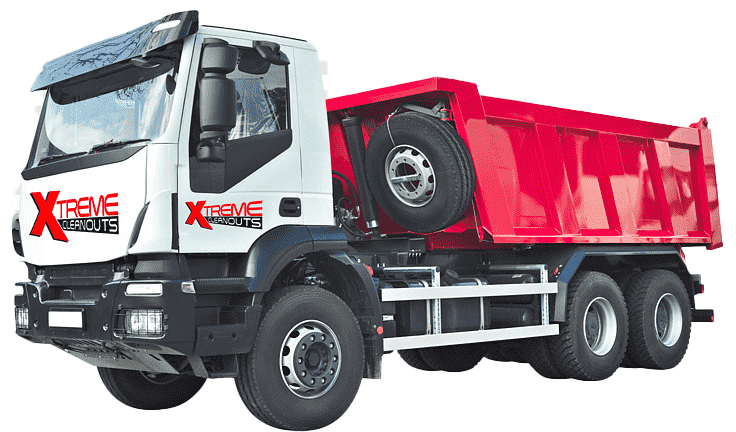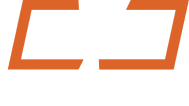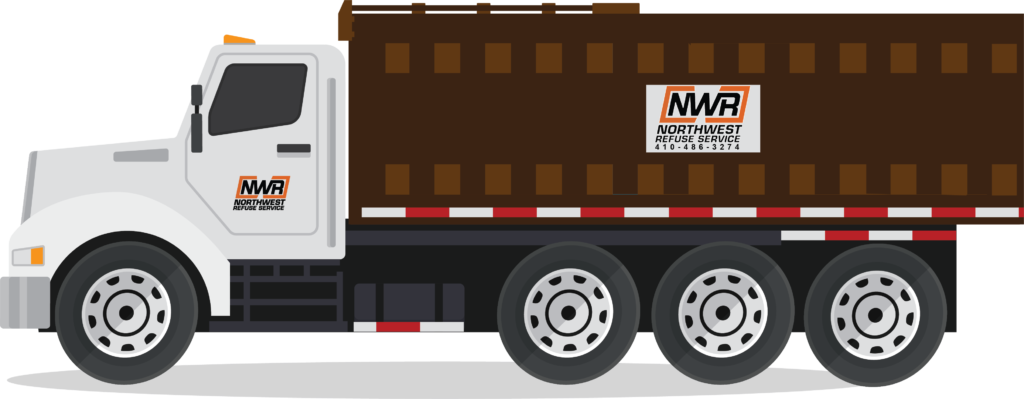Managing waste effectively is crucial for businesses of all sizes. Whether you’re running a small retail shop or overseeing a large-scale construction project, having a proper waste disposal system in place is essential for maintaining a clean, safe, and efficient operation. Commercial dumpster rentals offer a convenient solution to handle all your business’s waste management needs. However, with a variety of dumpster sizes and types available, choosing the right one can be overwhelming. This guide will walk you through the key considerations for selecting the ideal dumpster for your business.
1. Assess Your Waste Disposal Needs
The first step in choosing the right dumpster for your business is to assess your specific waste disposal requirements. The type of waste you generate, the volume of waste produced, and the frequency of disposal are all factors to consider. Here are a few examples based on business type:
- Retail stores and offices: Typically generate paper waste, packaging materials, and general office refuse. Smaller dumpsters (2-6 cubic yards) are often sufficient for these businesses.
- Restaurants and food service establishments: Produce organic waste, food packaging, and recyclable materials. Medium-sized dumpsters (6-8 cubic yards) are usually appropriate, with frequent pickups to avoid unpleasant odors and health hazards.
- Construction and renovation projects: Generate large amounts of debris, such as concrete, wood, and metal. Larger dumpsters (20-40 cubic yards) are necessary to handle heavy and bulky materials.
By identifying the types and volume of waste your business produces, you can narrow down the dumpster size that will best suit your needs.
2. Understand the Different Dumpster Sizes
Commercial dumpsters come in a range of sizes, typically measured in cubic yards. Choosing the right size is critical to avoid overpaying for unused space or having a dumpster that’s too small for your needs. Here’s a breakdown of common commercial dumpster sizes and their typical uses:
- 2–4 cubic yards: Ideal for small businesses, offices, and shops with low to moderate waste production. These dumpsters are compact and fit well in tight spaces.
- 6–8 cubic yards: Suitable for mid-sized businesses, such as restaurants, apartment buildings, or retail stores, with moderate to high waste volumes.
- 10–15 cubic yards: Often used for small construction or remodeling projects, these dumpsters can handle heavier materials and bulkier waste.
- 20–40 cubic yards: Perfect for large construction projects, industrial businesses, or major renovations. These dumpsters can accommodate substantial amounts of waste and bulky debris.
Discuss your waste volume with a commercial dumpster rental provider like Northwest Refuse Service, who can help you select the best size based on your business operations and waste production.
3. Consider the Type of Waste You’ll Be Disposing Of
Different types of waste may require specific types of dumpsters or disposal methods. For example, businesses dealing with hazardous waste, such as chemicals or medical waste, must comply with strict disposal regulations. Here’s how various types of waste may influence your dumpster choice:
- General waste: Suitable for most businesses, including offices, retail stores, and restaurants. Standard commercial dumpsters will suffice for everyday garbage like paper, packaging, and food waste.
- Recyclable materials: If your business generates a lot of recyclable materials, such as cardboard, plastic, or metal, consider renting a recycling dumpster to separate recyclable items from general waste.
- Heavy or construction debris: For businesses involved in construction, demolition, or heavy-duty projects, you’ll need a roll-off dumpster designed for heavy materials like concrete, wood, and metal.
- Hazardous materials: Certain businesses, such as medical offices or labs, may produce hazardous waste that requires special handling and disposal procedures. In these cases, specialized dumpsters and services will be required.
Ensure you’re aware of local regulations regarding hazardous materials, as improper disposal can lead to fines or legal issues.

4. Evaluate Your Available Space for Dumpster Placement
Another important consideration is where the dumpster will be placed on your business property. You’ll need to ensure there’s enough room for the dumpster, as well as space for waste trucks to access it for pickup. Keep in mind:
- Space constraints: Smaller properties may not be able to accommodate large dumpsters, so choose a size that fits comfortably in your available space without obstructing daily operations.
- Dumpster placement: Consider placing the dumpster in an area that is both accessible for your staff and for waste collection vehicles. Make sure it’s not too far from where most of your waste is generated but also not in a highly visible or heavily trafficked area.
- Zoning and permits: Some municipalities have specific regulations regarding dumpster placement, particularly for outdoor or public areas. Check with your local government to determine whether you’ll need permits to place a dumpster on public property, such as a sidewalk or street.
5. Determine Your Pickup Schedule
Your waste production will dictate how frequently you need the dumpster emptied. For high-traffic businesses like restaurants or apartment buildings, daily or weekly pickups may be necessary, while office buildings or retail shops might only need monthly or biweekly service. When selecting your dumpster rental, consider how frequently you’ll require pickup services to avoid overflow and maintain a clean environment.
Northwest Refuse Service offers flexible pickup schedules tailored to your business needs, ensuring that your dumpster is emptied as often as needed without unnecessary costs.
6. Think About the Environmental Impact
Sustainability is an important consideration for many businesses today. If reducing your environmental footprint is a priority, look for a commercial dumpster rental provider that offers eco-friendly waste management options. Northwest Refuse Service, for example, prioritizes responsible disposal practices, including recycling services and waste diversion. By partnering with a company that emphasizes sustainability, you can ensure your business contributes to a greener environment.
7. Factor in Costs and Budget
Dumpster rental costs can vary depending on several factors, including the size of the dumpster, the duration of the rental, and the frequency of pickups. While it’s important to choose a dumpster that meets your needs, it’s equally essential to stay within your budget. Here are a few ways to manage costs:
- Choose the right size: Avoid overpaying by selecting a dumpster that matches your waste volume. Too small, and you’ll need multiple pickups; too large, and you’ll pay for unused space.
- Optimize your pickup schedule: Frequent pickups can add to your costs, so adjust your schedule based on actual waste production.
- Look for inclusive pricing: Some providers charge extra fees for additional services, like overloading the dumpster or extending the rental period. Be sure to ask about all potential fees upfront.
Selecting the right commercial dumpster rental services for your business is a crucial step in maintaining efficient waste management practices. By understanding your specific waste disposal needs, choosing the correct size, and working with a reliable provider like Northwest Refuse Service, you can ensure a smooth and cost-effective commercial dumpster rental experience. Whether your business is large or small, finding the perfect dumpster solution will keep your operations running smoothly, minimize environmental impact, and maintain a safe, clean environment for your employees and customers.


